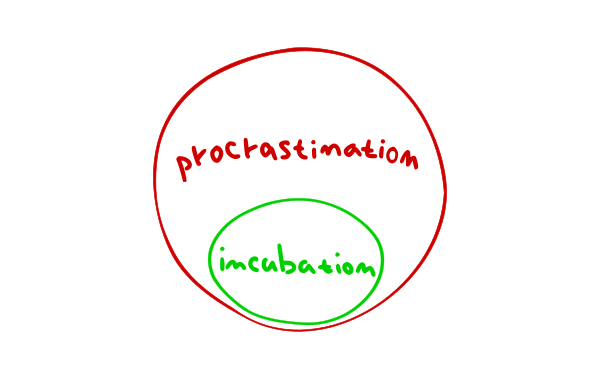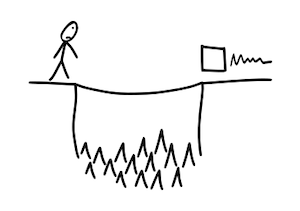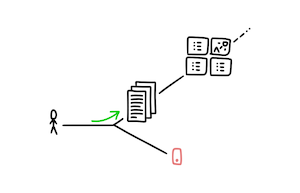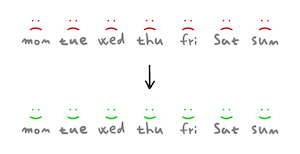Can procrastination be good?

"Procrastination makes me a better artist."
"Procrastination makes me more creative."
"Procrastination saves me time. I always get things done in the end."
Every now and then, a celebrity or an influencer defends procrastination as something good. They typically say it helps them with their creative process. That it is a part of it. That it is, in fact, not bad. Procrastination is good for them, they say.
Stop.
Procrastination is not good. Incubation is.
Incu- what?
Let us explain.
4 Stages of creativity
According to Jessica Stillman, there are 4 stages of creativity.
Let's go through them briefly.
Stage 1: Preparation
Creative ideas aren't like a lightning bolt coming out of the blue. They're like a lightning during a storm.
The clouds need to gather, the tension needs to build. Then the lightning strikes.
In real world terms, in order for our mind to come up with something creative, we need to feed it relevant information.
Working on a design for a poster? Browse Pinterest for a while. Solving a hard problem? Read blogs or studies relevant to it. Making a video? Watch videos and take notes on style.
Creativity is remixing of ideas in a novel way.
A + B = Z
But first we need to get A and B, otherwise we can't come up with the creative combination Z.
Preparation is about filling your mind with relevant information that you can use to remix. It's often a step that is skipped, because it's not obvious.
Stage 2: Incubation
This is the part that gets confused with procrastination.
Incubation is letting go. It's about not doing anything focused and letting the mind wander for minutes, hours, or days.
You read 5 studies and then go for a walk in a park. Your mind switches from a focused mode into a diffuse mode of thinking. A wider, richer network of neurons in your brain starts to fire. Lateral thought associations for. And then...
Stage 3: Illumination
Eureka!
And suddenly, you get an insight that solves the problem. The puzzle pieces fit. You know what to do.
Illumination is sudden. A flash of clarity.
Stage 4: Verification
This is also an underestimated stage of creativity.
The eureka! moment is a diamond in the rough. It may or may not be useful for a wedding ring or a necklace.
Verification is taking a vague idea and figuring out how it could work. It's time to focus again, brainstorm, sketch, write, draw, discuss...
And at the end, there may be a thing the world has never seen.
Procrastination =/= incubation
So here's the point: some people use procrastination as incubation.
The problem?
Unnecessary negative feelings.
The difference between procrastination and incubation (waiting for the right moment) is guilt, stress, shame, self-loathing.
Why does this matter?
If people think procrastination is good for them, they will think that they need to suffer and feel guilt to be creative. They won't let go and understand thatyou can wait for a moment of insight without hating yourself.
Procrastination contributes to having a negative self-image. It brings you down. It makes you loath yourself.
Incubation doesn't. It's a crucial part of any creative process.
Incubation makes you creative. Procrastination makes you hate yourself.
Idea incubation is necessary, procrastination isn't.
Procrastination is not good.
Incubation is.



